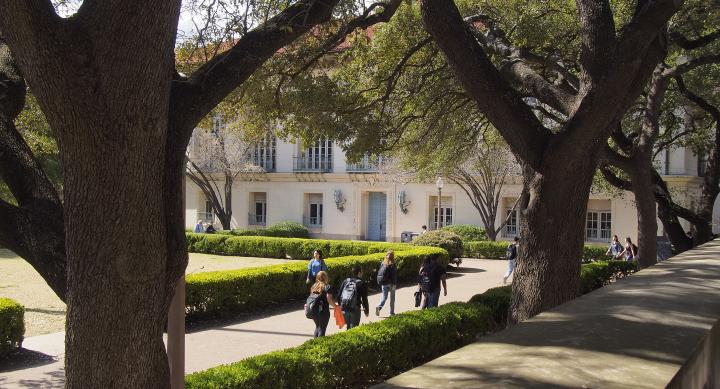
INTRODUCTION
Teaching innovation grants are designed to give full time instructors time over the summer to develop something new in a course to be taught in the next academic year.
Congratulations 2025-2026 Grantees!
Oeyvind Bjoeru
Germanic Studies
Language Pods: Shared Interests to Foster Language Learning
Lyn Hoare
Theater and Dance
Theatre for Dialogue: Exploring Meaningful Social Connection
Mina Kim
Asian Studies
Living Museums: Fostering Belonging and Artistic Engagement in Korean Education
Li-Chen Lin
Nursing
Promoting Professional Belonging Through Integrating Growth Mindset in Nursing Skills Development
Bindu Viswanathan
Statistics and Data Science
Boosting Engagement and Belonging with Collaborative Probability and Statistics
Veronica Walker
Nursing
Fostering Belonging and Caring Through Individualized Student Interviews
Sara Simons
Theater and Dance
Fighting Imposter Syndrome Among Preservice Teachers
Andrei Straumanis
Chemistry and Biochemistry
Fostering Connection in Large STEM Courses via Peer Plus a Year Mindset

